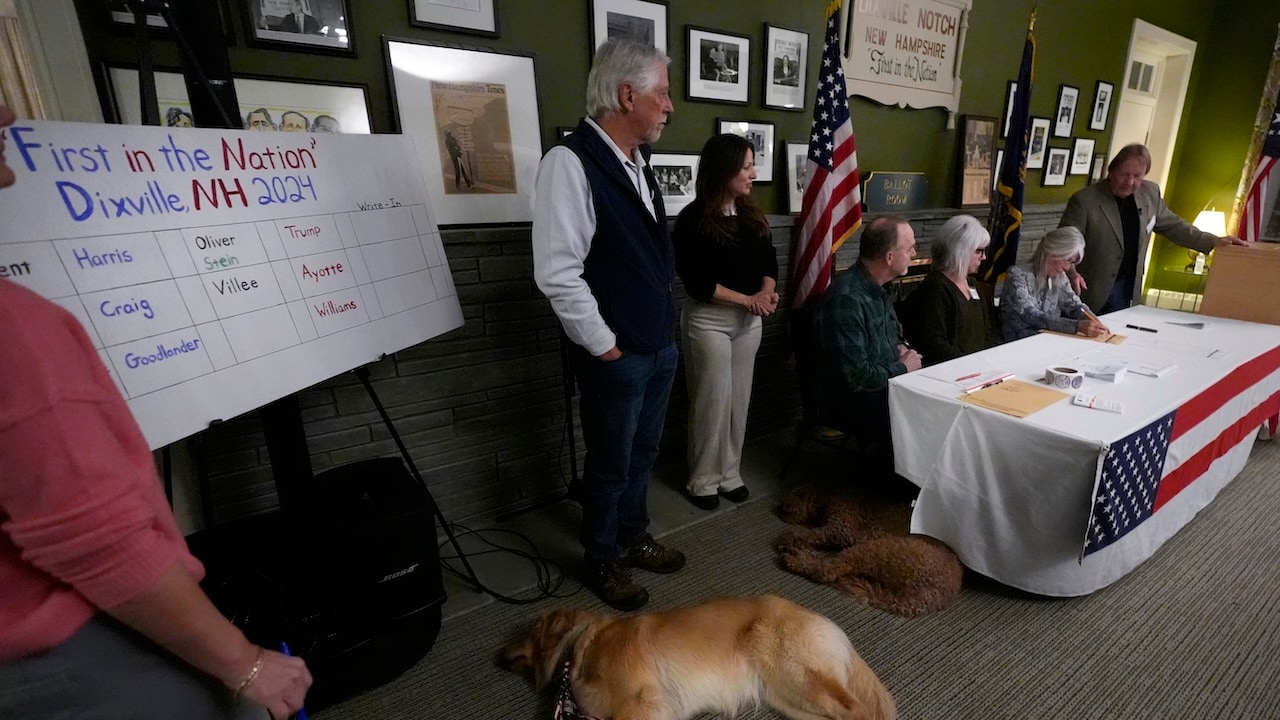
Betting Markets Lean Toward Trump as 2024 Election Nears, Despite Tight Polling
As Election Day 2024 arrives, all eyes are not only on the polls but also on election betting markets, where the odds are taking shape. Betting platforms like Polymarket, Kalshi, PredictIt, and others allow users to wager on who will win the presidency. The consensus is clear: the betting markets currently favor former President Donald Trump over Vice President Kamala Harris, but the race remains tight and unpredictable. It’s fascinating to watch how these platforms shift their odds, reflecting how users interpret recent polling data, trends, and last-minute campaign maneuvers.
On Polymarket, a blockchain-based prediction market known for political forecasting, Trump has a significant lead with a 62% chance of winning compared to Harris’s 38%. However, betting platforms like Kalshi, a legal U.S.-based prediction site, show a narrower gap, giving Trump a 59% probability of victory to Harris’s 41%. PredictIt, the most favorable platform for Harris, nearly splits the odds at 51% for Trump and 49% for Harris. Even newer players like Robinhood are showing similar trends: Trump’s win probability stands at 58% there, while Harris holds a 43% chance. For users of these platforms, each choice represents a binary gamble: one’s contract either pays out if the chosen candidate wins or results in a loss.
Also Read:- Ivanka Trump Shares Life Lessons on Election Eve, Stays Out of Politics
- Has "Poppymania" Overreached? Exploring the Growing Poppy Culture in Britain
The odds offered on each candidate’s contracts shift with market sentiment, often leading to considerable swings. Just last week, for instance, Trump’s odds on Polymarket hit a high of 67%, only to drop to 58% on the eve of the election. Kalshi similarly tightened its odds from 65% to 53% for Trump. Meanwhile, PredictIt gave Harris her first lead in weeks over the weekend, pricing her probability at 53% compared to Trump’s 51%.
Despite these fluctuations, it’s important to note that betting odds and traditional polling don’t always align. Polling data, such as recent forecasts from FiveThirtyEight and Silver Bulletin, show an incredibly close race, with both Harris and Trump at near-equal chances of winning. Betting markets, however, often reflect the personal biases and financial motivations of their users. Some analysts argue that betting odds are better predictors, as bettors invest their own money based on who they believe is likely to win. On the other hand, critics caution that bettors may lean toward Trump due to demographic differences between gamblers and the general population.
The mechanics behind these election bets are intriguing. Users buy contracts for a chosen candidate, with the contract value corresponding to market-implied odds. For example, a contract favoring Trump currently costs around $0.57 on platforms like Robinhood. If he wins, that contract pays out $1; if he loses, it yields nothing. This structure is designed to mirror stock markets, where prices respond to supply and demand, here influenced by campaign developments, policy issues, and the final polls.
With Election Day upon us, the betting market is just one of many lenses through which people try to anticipate the outcome. Whether the odds accurately predict the winner remains to be seen, but it’s clear that the betting market has become a vital piece of the electoral landscape, engaging voters who want to financially back their political forecasts. It’s anyone’s race as polls close, but as of now, betting markets are tilting ever so slightly in Trump’s favor—though only time will tell if they’ve gotten it right.
Read More:


0 Comments